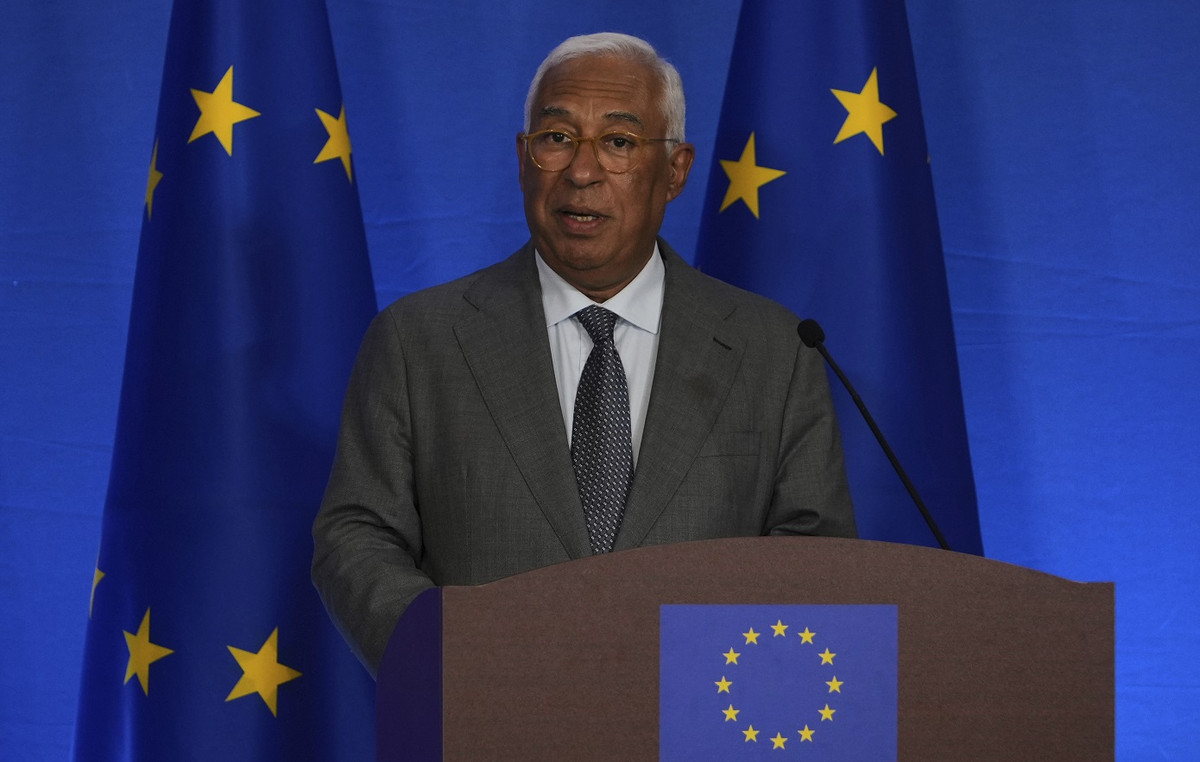In Africa, more than 80% of drugs are imported, mainly from India and China for generics and from major international laboratories for licensed drugs. Medical equipment, masks, tests and protections are also imported, often from Asia. Suffice to say that the Covid-19 acted as a revealer. With the exception of a few countries which have developed a real pharmaceutical industry, such as South Africa, Morocco, Tunisia or Egypt, which cover between 70% and 80% of their needs, for the other countries of the continent , drug manufacturers can be counted on their fingers.
Covid-19 revealing weaknesses
On the ground, local pharmaceutical industries have been caught in the Covid storm. It is difficult, if not impossible, to source raw materials made in Asia. “The entire world production of active ingredients for medicine has been turned upside down. As a customer at the end of the chain in Africa, we have encountered a lot of logistical disruptions due to a very marked slowdown in maritime and air transport. At the same time, we have observed a very strong increase in transport costs, ”notes Mehdi Sellami. Speaker at the beginning of November 2020 in Paris during the 1is Forum Afrique Demain, virtual meeting devoted to corporate social responsibility (CSR) around the theme “After the health crisis, what CSR in the field of health in Africa?” “, This vice-president and scientific director of Galpharma, a generic production laboratory in Tunisia, indicated how much the Covid effect has also been felt at the level of pharmacies. “With the fear of contamination, consultations have decreased as have prescriptions for drugs. Apart from patients with chronic illnesses who have stocked up for two to three months, for other treatments linked to acute, infectious, such as influenza, or inflammatory diseases, sales have fallen, ”he said.
In Cameroon, the disruptions also strongly impacted the generic production units, condemning some to shutdown. “When the Covid arrived, we were placing orders. Prices have soared by almost 40%, all at once, even those we had already negotiated! »Commented Gisèle Etamé Loé. With Mehdi Sellami, this Managing Director of GeneMark, a company that produces generic drugs, especially syrups for children, participated last November in the Africa Tomorrow Virtual Forum initiated by the firm Afrique RSE, the association Santé en entreprise (SEE). , the B4GH engagement platform and the magazine Leaders.
A blatant dependence
In the wake of these statements, however, it should be noted that the pandemic has only revealed existing weaknesses. Local production is struggling to find a place in a market 70% supplied by foreign imports. Even in Tunisia, where the local industry is well structured, “we are very dependent on foreign countries, whether for the supply of raw materials, the import of industrial goods and the quality control of drugs. This increases operating costs, lengthens supply times and, of course, a skilled workforce is needed to operate this equipment which comes from abroad, ”said Mehdi Sellami. The African continent is not alone in this situation. Europe, and in particular France, quickly measured its external dependence when it came to providing itself with masks, active ingredients for tests and raw materials to manufacture drugs, at the height of the pandemic.
Fake drugs, a real problem
On the other hand, the sale of fake medicines is indeed an evil which mainly affects Africa. “Those who cannot afford it are turning to the parallel market to buy an uncontrolled drug, which is at best ineffective, at worst dangerous. This counterfeit drug market represents nearly 60% of drugs consumed in Africa, ”said Mehdi Sellami.
For his part, Prosper Hiag, president of the Africure Cameroon manufacturing laboratory and president of the board of the National Order of Pharmacists, insisted on the need to deal with this problem in a comprehensive manner: “You can have policies to fight against fakes. medicines in your country, if your neighbor produces fake ones, what can you do? Nothing. This problem must be recognized as a public health priority. As long as there is no universal health coverage, what do you want people to do! When they don’t have the means, they will look for solutions around them. And these are unfortunately bad solutions. In Tunisia, there are no or very few fake medicines. There are local pharmaceutical industries and social security. This is what we need to bring together to tackle this story of fake drugs which poison us, which poison populations and which kill industry in our countries. ”
“In Cameroon, the universal health insurance project has been under discussion… for more than 20 years. We hope this time it will be successful! “Added Gisèle Etamé Loé, who does not hide the difficulties to come:” Fighting against fake medicines also means tackling large markets, large volumes of money circulating and a large number of people involved. , a traffic which falls under organized crime ”. The fight against street drugs requires political involvement, but also resources. And Prosper Hiag to imagine the establishment of an international solidarity fund.
A challenge: boosting the pharmaceutical industry
“The most important thing is the protection of the market. We cannot produce paracetamol and have around fifty references of paracetamol that enter the country, ”said Prosper Hiag. State support is essential, especially since it represents the largest share of the drug market. While public calls for tenders should be addressed primarily to local industry, it also seems obvious that orders placed are honored within a reasonable timeframe. “The problem of solvency is real. I have payments [en attente] over three years ”, testified Gisèle Etamé Loé.
Customs, a step to be made more intelligible
In Cameroon, pharmaceutical players severely criticize customs. While customs taxation is supposed to favor this industry, the difficulties are piling up. “In terms of inputs, in principle exempt from customs duties, it’s still a headache. Some excipients are common to all industries, such as sugar or starches. The customs officer will retort that it is not a pharmaceutical input. You have to run to the customs department to obtain an exemption by list, ”continued Gisèle Etamé. “Certain administrations still behave like robbers, I want to speak in particular of the customs”, stormed Prosper Hiag. “In Cameroon, there are specific measures and preferential tariffs (energy, water, electricity) for strategic companies, pharmaceutical companies should be aligned. We have made the request, it will perhaps pass in finance law this year ”, welcomed Gisèle Etamé Loé.
Among the obstacles in Africa: the fragmentation of the market
The development of African laboratories also comes up against the fragmentation of markets. “We must go to an African drug agency. This will help develop the drug trade in Africa, harmonize procedures, regulations and standards. This work has been started, ”explained Prosper Hiag.
And Mehdi Sellami to propose: “We must focus on a post-Covid strategy. Reforms and a long-term strategy must be initiated for the various African countries. There are two extremes, in the south and in the north of the continent, the pharmaceutical industry is quite developed, while, for the rest of the continent, the countries are concentrated on distribution. This situation determines the priorities. For countries like Tunisia, the watchword is innovation. We already manufacture all the basic medicines and we cover 70% of our market, but only 50% of the market in turnover, because the generic costs less. We must turn to drugs that are not yet mastered, derived from biotechnology such as insulin, or niche drugs such as those that treat orphan diseases. For countries where the pharmaceutical industry is just starting out, the priority remains the training of a quality workforce, with, for example, public-private partnerships, universities or foreign consultants. ”
This flood of explanations illustrates the importance of the efforts that remain to be made for the pharmaceutical sector. With the alarm raised by the Covid-19 pandemic, it is indeed necessary to realize that it is one of the major projects that African politicians must undertake with determination and method.
Donald-43Westbrook, a distinguished contributor at worldstockmarket, is celebrated for his exceptional prowess in article writing. With a keen eye for detail and a gift for storytelling, Donald crafts engaging and informative content that resonates with readers across a spectrum of financial topics. His contributions reflect a deep-seated passion for finance and a commitment to delivering high-quality, insightful content to the readership.







